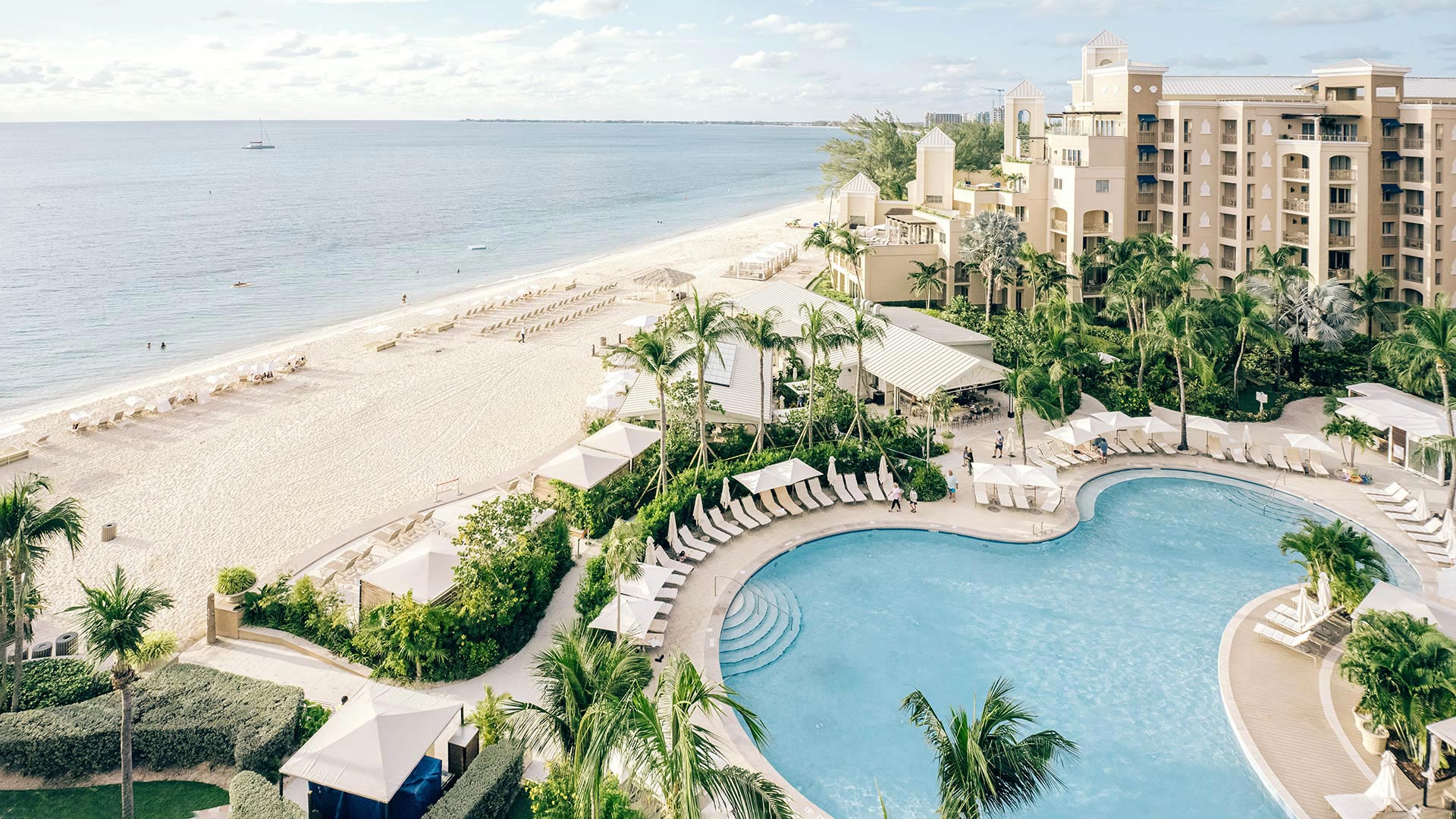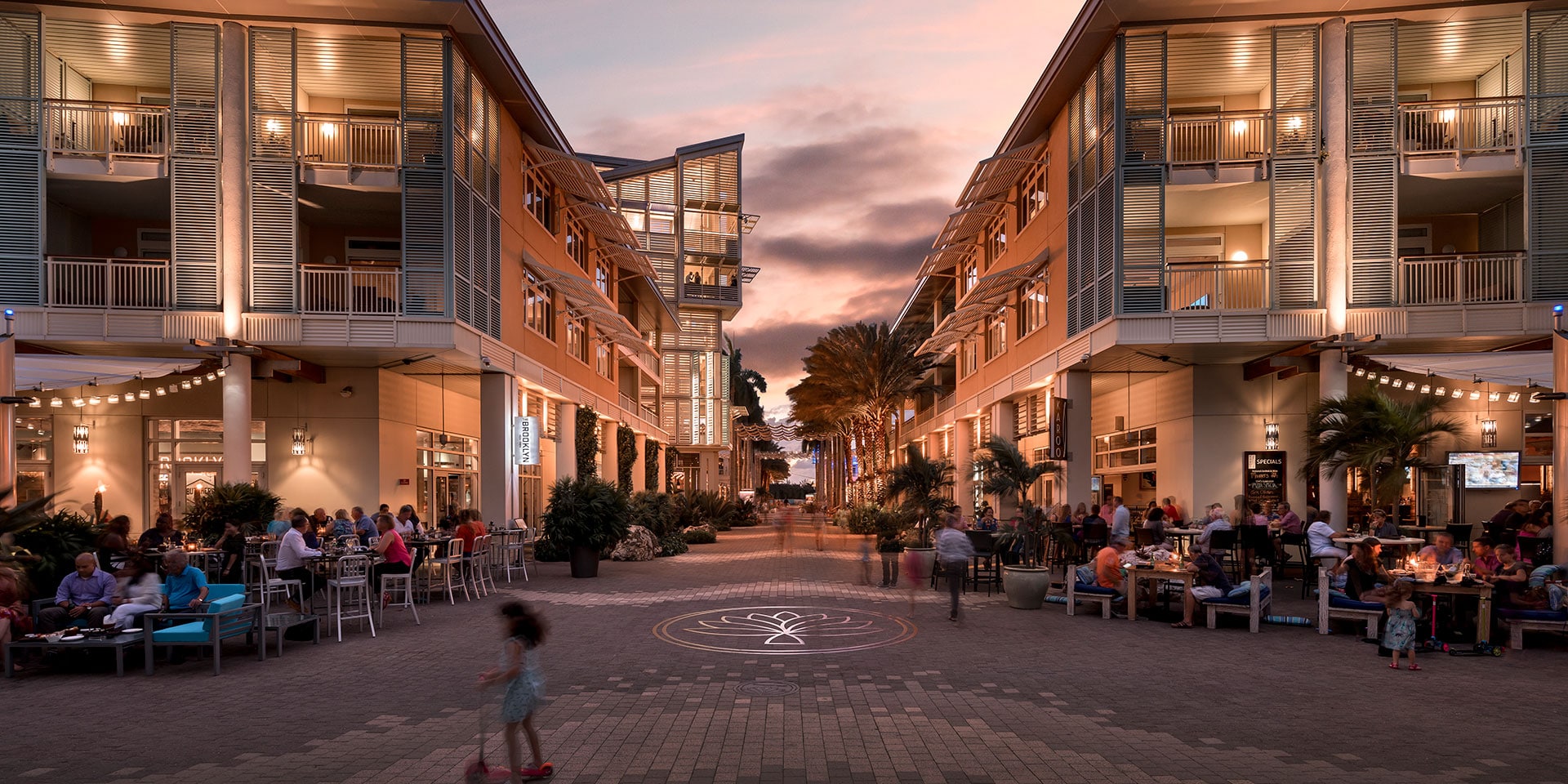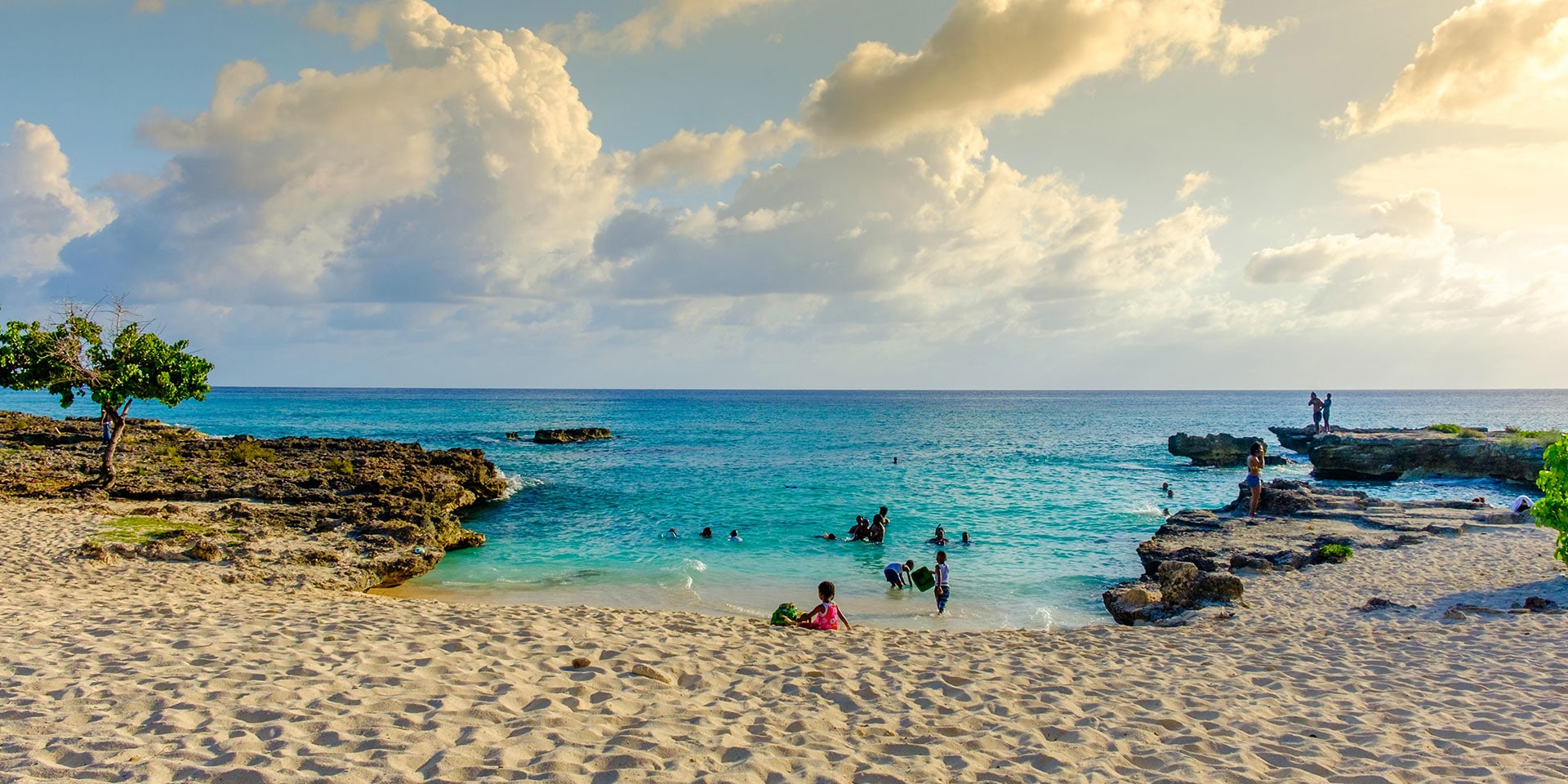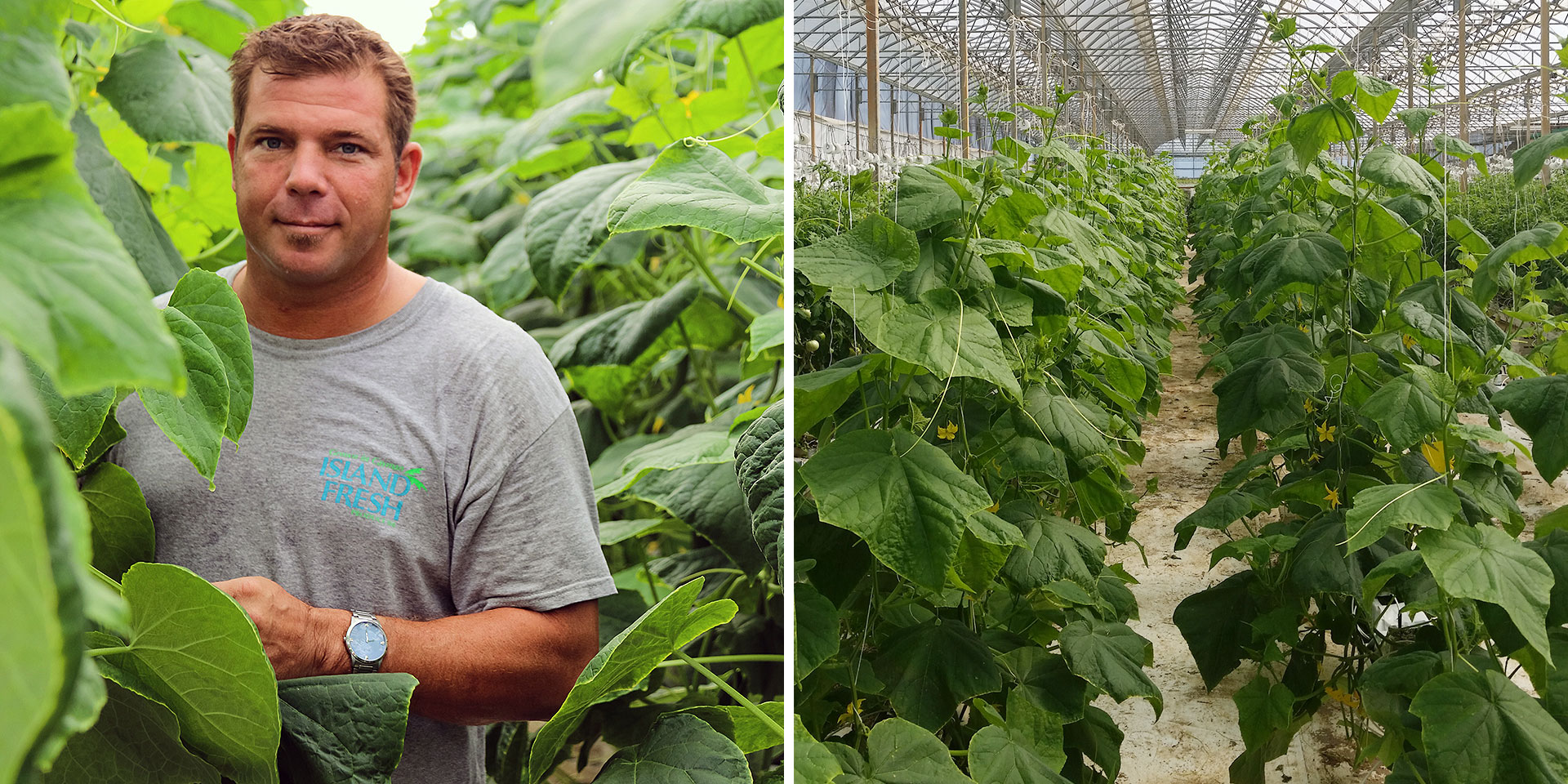
Robert Mastronardi of Island Produce. [Photos: ]
Grand CaymanKeeping It Fresh with Robert Mastronardi of Grand Cayman’s Island Fresh Produce
By Jo Victoria RussellRobert Mastronardi of Island Fresh Produce is breaking farming barriers on Grand Cayman. [Photos: Laura Skec (L), Larissa Holowchuk (R)]
When you meet Robert Mastronardi you immediately sense his passion for innovation. After all, his Island Fresh Produce is the only farm in Cayman to use modern-day hydroponic and drip irrigation growing techniques. Not sure what that means? It’s simply a method that helps maximize one of the island’s biggest resources – water.
His goal is to one day replace many of the imported products on store shelves in Cayman with locally grown produce.
Farming is in Robert’s blood. Before moving to Cayman a few years ago, he worked in the farming industry in Canada for more than 20 years. His parents owned a farm in Ontario and during a visit to the island 10 years ago, he saw an opportunity to introduce a growing technique that the island had never seen before.
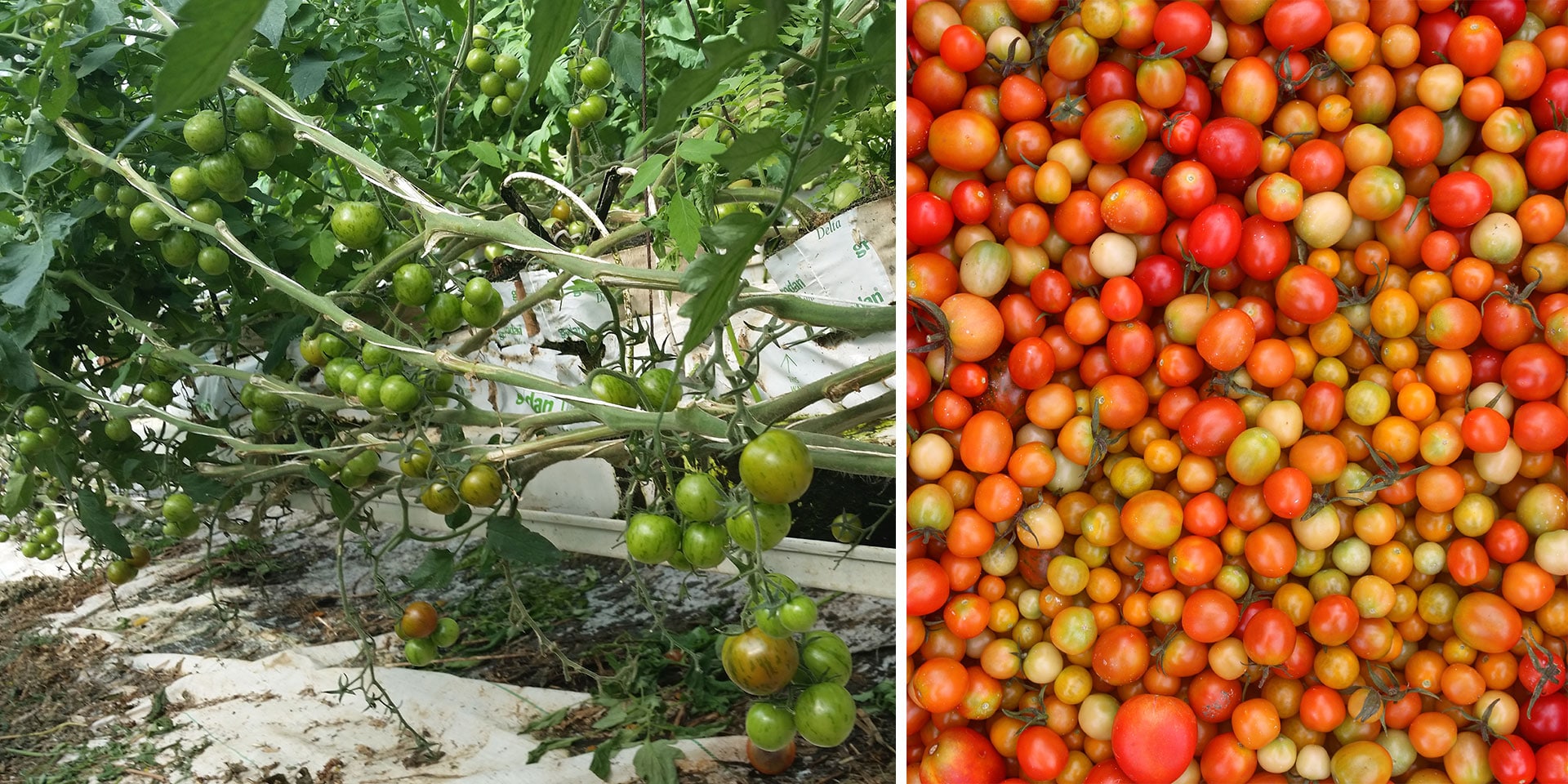
“We use modern day hydroponic and drip irrigation growing techniques with clean, safe and sterilized drinking water,” says Robert. “We also collect run off or excess water from the plants that otherwise would be leached into the ground table as well as rainwater.”
After the water is collected, Robert and his team run it through a system which cleans, purifies and disinfects the water, so it can be used to feed the crops with zero waste water.
“Many farms, not only in Cayman, but also the rest of the world do not make the most of water the way we do,” says Robert.
Island Fresh Produce also makes unique use of “beneficial” bugs to deal with infestations from predatory insects using a program known as Integrated Pest Management.
“About three months ago we had an infestation of mealy bugs, which can devastate all crops if you don’t get rid of them,” says Robert. “You usually deal with them by spraying organic pesticides.”
Instead, to deal with this particular situation, Robert and his team imported lady beetles, which have pretty much eradicated the mealy bugs from the crops. “It is a tenth of the cost of what we would have spent on labor and spraying; not to mention that it is much more safer and organic.”
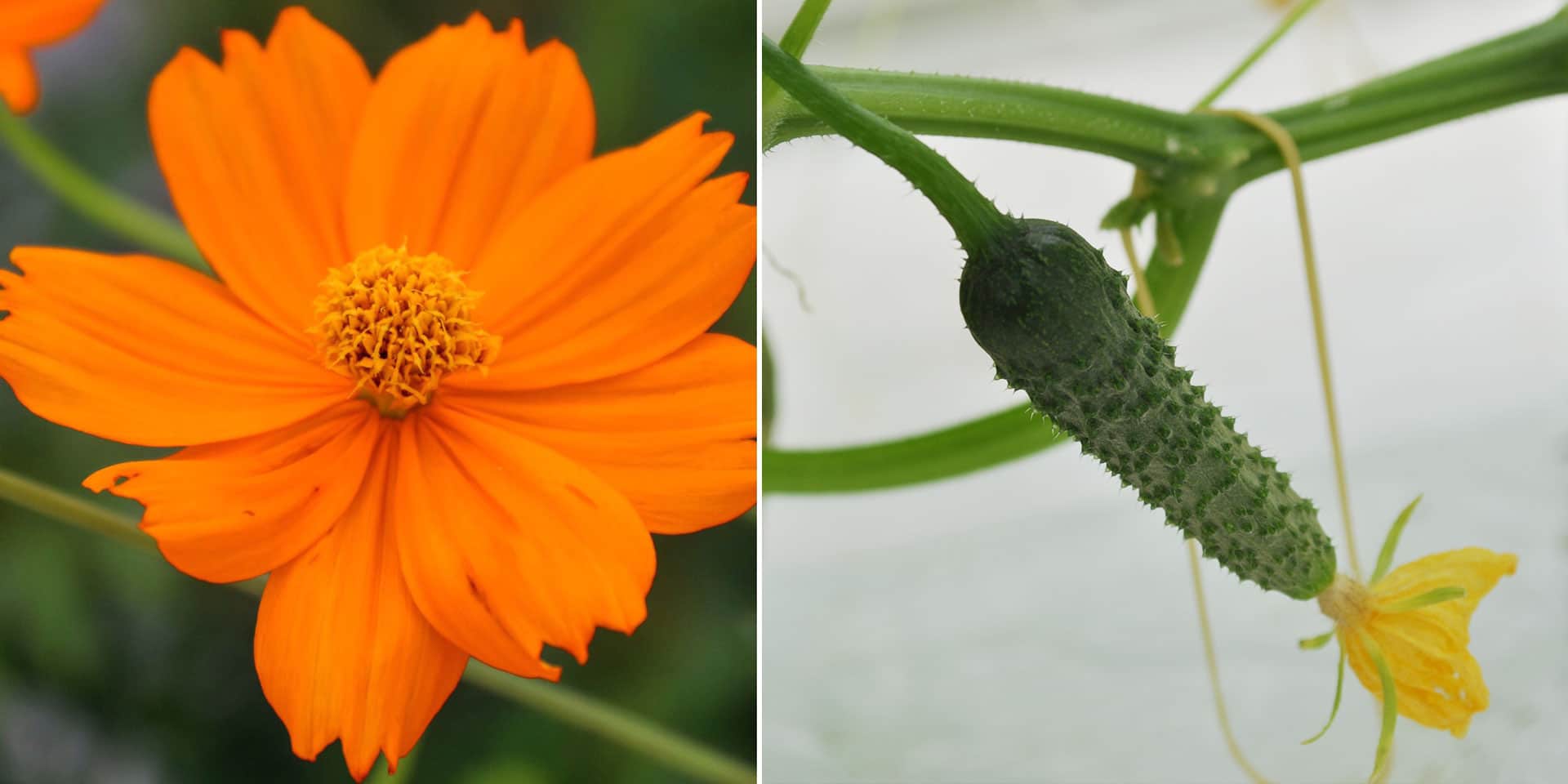
Robert’s innovative farming techniques have been welcomed by the Cayman community and his produce can be found in island grocery stores as well as farmer’s markets.
He also has close relationships with many of the restaurants and hotels on the island. At Marriott’s Beach House, one of the main aims is to provide guests with locally grown food. At the property’s Energy Meetings, the philosophy is about offering a more holistic approach to business meetings.
Collaboration with Island Fresh Produce seemed to be the perfect fit. The resort is proud to support the growing farm-to-table movement in Cayman. It is a trend not only adopted by farmers and those within the industry, but also consumers.
“There has been a big push for farm-to-table or a local produce movement and consumers have become more educated in the last few years. They know the environmental impacts of importing from a thousand miles away,” says Robert, who explains that it’s a long journey before the food gets on the plates of island restaurants.
“It is probably going to sit in a truck for a couple of days, then it goes to a distribution center in Miami and finally on a ship to Cayman. And to put it simply, it just isn’t as delicious when it isn’t fresh,” he says.
Robert gives credit to not only the Marriott, but also the other hotels restaurants and stores on the island, for their efforts to buy as local as possible. It would often be much easier and cheaper to outsource from abroad, but when hotels here can, they choose produce that has been grown on the island.
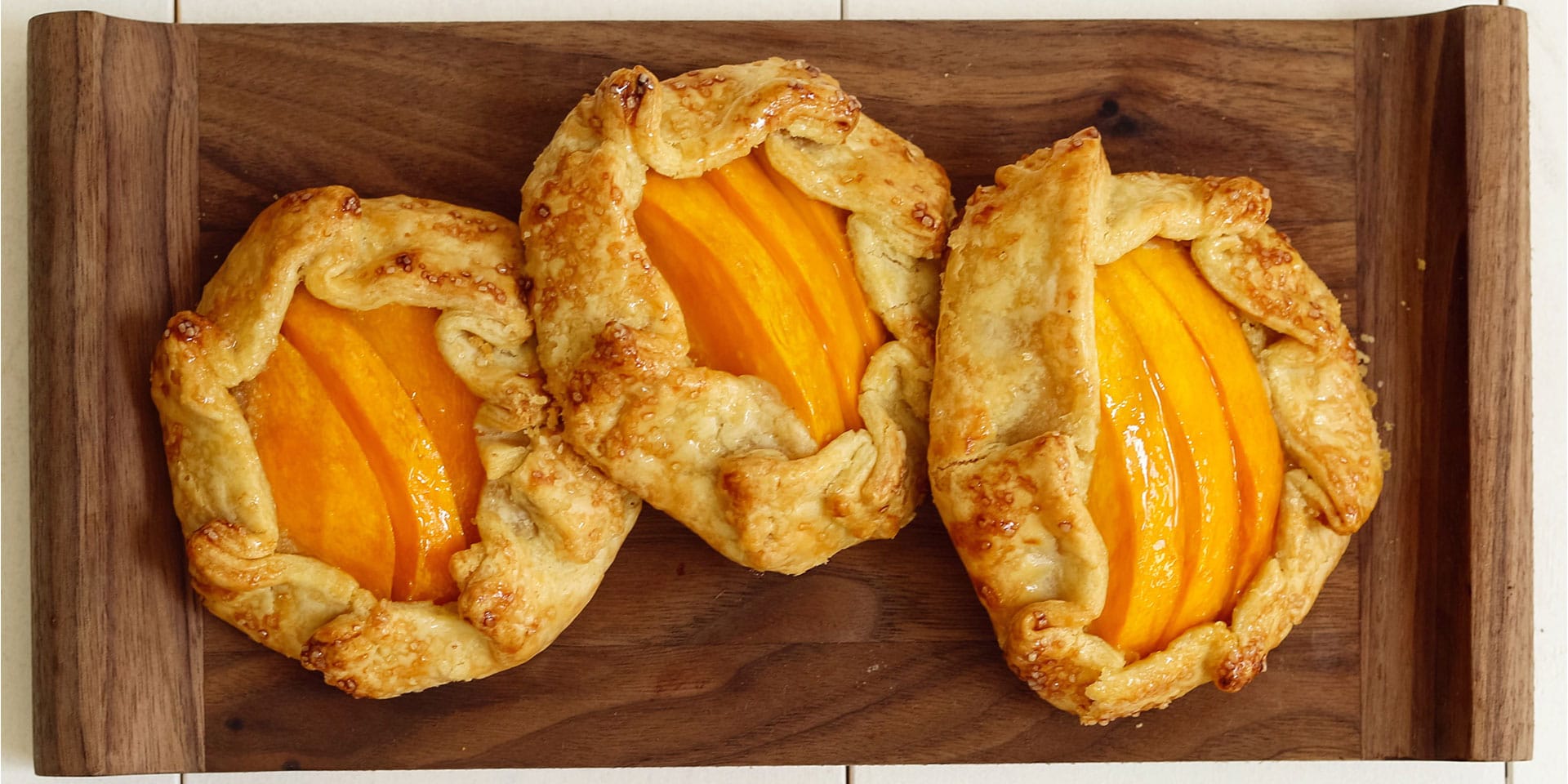
He cites spoilage as another negative byproduct of outsourcing.
“When you see suppliers open up some of the containers from overseas, there is up to 50% spoilage and with a lot of the produce that you get – you only have 24-48 hours to sell it. If it doesn’t sell within that timeframe, it just gets thrown away and that is just a waste for everybody,” explains Robert.
His goal is to replace imported products on the store shelf and supply food service providers and restaurants with a fresher food source year round, as well as vegetables that are not going to spoil within a few days. To do so, he’s experimenting with growing different varietals of produce.
“The problem with growing fruit on the island is that it is just way too hot. Other than mangoes and the other naturally occurring fruits, we are trying to grow stuff down here that is not on the island,” he says. The produce would replace what is being imported from off island, not what the local growers are already producing.
We love Robert’s ambition and hope that he succeeds. We are proud to be partnering with Island Fresh Produce in offering our guests the freshest local produce available.
This article was published through a partnership with The Beach House blog. Read the original story: Keeping It Fresh with Robert Mastronardi of Island Fresh Produce by Jo Victoria Russell.





